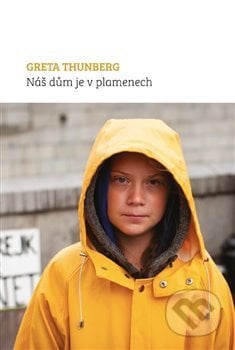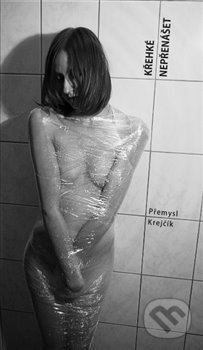
Caravaggio
Knihu koupíte v
2 e-shopech
od
352 Kč
Pokud se vám po kliknutí na tlačítko "Do obchodu" nezobrazí stránka knihy ve vybraném e-shopu, je třeba vypnout AdBlock ve vašem prohlížeči pro naši stránku.
Návod na vypnutí je například na adrese https://o.seznam.cz/jak-vypnout-adblock/#1.
Krátký popis
Michelangelo Merisi da Caravaggio (1571–1610) was always a name to
be reckoned with. Notorious bad boy of the Italian Baroque, the
artist was at once celebrated and controversial, violent in temper,
precise in technique, a creative master, and a man on the run.
Though famed for his dramatic use of color, light, and shadow, it
was above all Caravaggio's boundary-breaking naturalism which
scorched his name into the annals of art history. From the dirtied
soles of feet to the sexualised languor of bare flesh, the artist
allowed even sacred and biblical scenes to unfold with a startling,
often visceral humanity. This vivid pictorial world was accompanied
by an equally intense personal biography, scored by gambling,
debts, drunken brawls, and even a murder charge. This book brings
together Caravaggio's most famous and revolutionary works to
explain why this artist is now considered the most important
painter of the early Baroque period and one of the defining
influences of art history, without whom Ribera, Vermeer, Rembrandt,
Delacroix, Courbet, and Manet could never have painted the way they
did. The editor Gilles Néret (1933–2005) was an art historian,
journalist, writer and museum correspondent. He organized several
art retrospectives in Japan and founded the SEIBU Museum and the
Wildenstein Gallery in Tokyo. He directed art reviews such as L'?il
and Connaissance des Arts and received the Élie Faure Prize in 1981
for his publications. His TASCHEN titles include Salvador Dalí: The
Paintings, Matisse, and Erotica Universalis. The author Gilles
Lambert (1928–2011) was born in Paris, but spent his whole life
between the capitals Rome and Paris. He translated a number of
works on the Seicento from the Italian. With André Labarthe, he
founded the journal Constellation in the 1950s, and subsequently
worked for the Figaro Littéraire and Paris Match. He has written
monographs on Auguste Mariette and Caravaggio.
Vývoj ceny
Aktuální Ø cena knihy Caravaggio je 374 Kč
Výběr knih autora
Gilles Lambert
Zobrazit všechny knihy autora
Gilles Lambert
Výběr knih vydavatele
Taschen
Zobrazit všechny knihy vydavatele
Taschen
Naše tipy
- Právě probíhající akce a slevy na knihy
-
Knihydobrovsky.cz | do 12.12.2025
-
Knihydobrovsky.cz | do 17.12.2025
-
Knihydobrovsky.cz | do 24.12.2025
-
Knihydobrovsky.cz | do 24.12.2025
-
Bookshop.cz | do 31.12.2025
- zobrazit všechny akce











